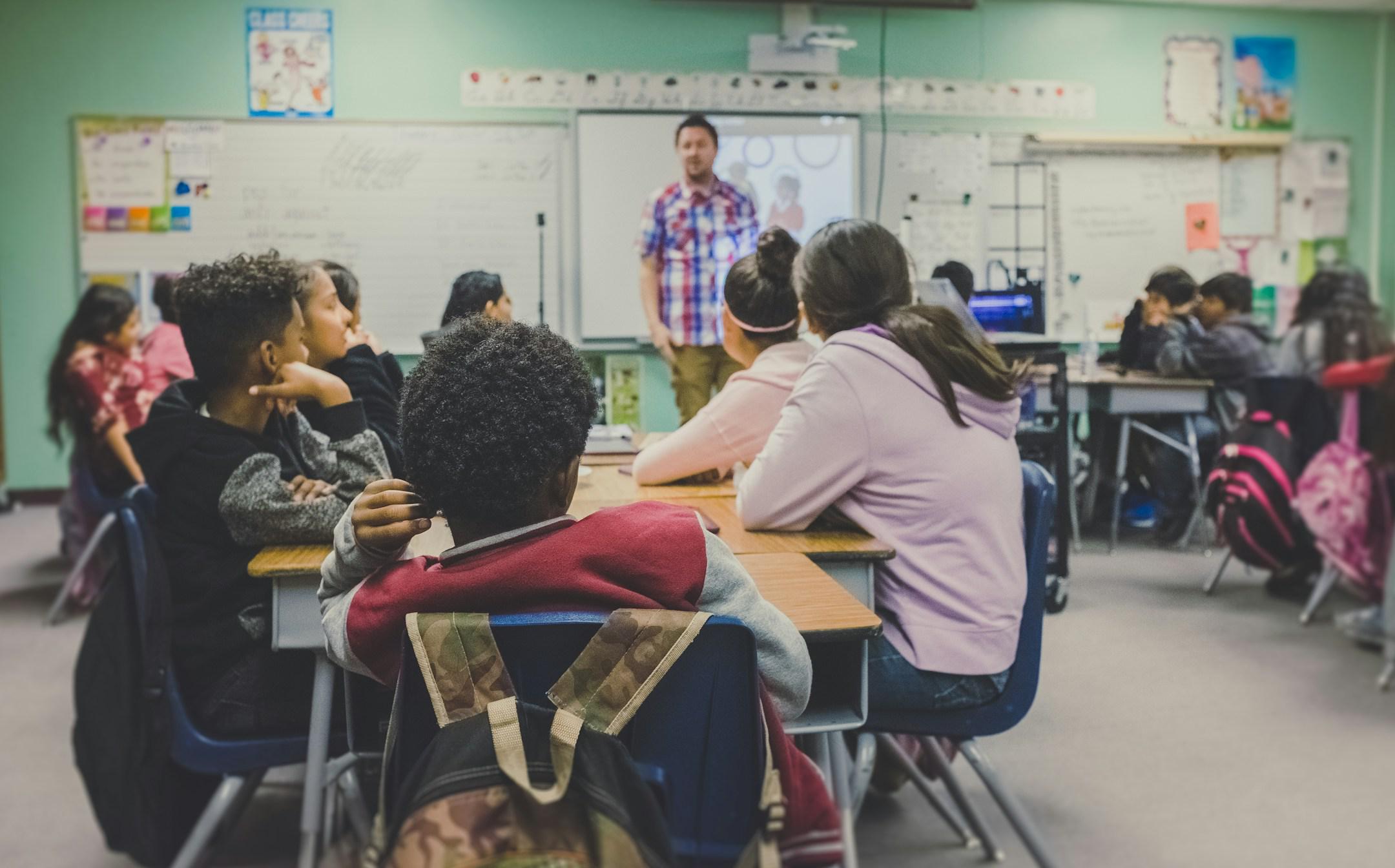Welcome! Check out our latest news.
Read more
In today’s ever-evolving classrooms, diversity is no longer the exception—it’s the very fabric of education. Students don’t just come with different backgrounds or experiences; they arrive with a wide range of abilities, challenges, and strengths that demand attention. Among these, disabilities stand out as a critical aspect of the educational spectrum that teachers must address.
But how? This is where disability training for teachers steps in—not as a mere advantage, but as a necessity. This type of workforce development arms educators with the skills to craft inclusive environments where all students, regardless of ability, can not only survive but thrive.
The term "disability" might seem straightforward, but it’s anything but. It’s an umbrella that covers an intricate array of physical, cognitive, emotional, and developmental challenges. From dyslexia and ADHD that disrupt learning patterns, to autism and social-emotional disorders that alter interpersonal interactions—each student’s needs are as unique as their fingerprint. To foster an inclusive classroom, understanding these distinctions is crucial. Disability training for teachers isn’t just about recognizing these challenges; it’s about digging deep into their complexity and learning to respond with precision, care, and effectiveness.
Close your eyes for a moment. Picture yourself navigating the world through the lens of a child with a disability. What do you see? What do you feel? The world looks different—perhaps confusing, overwhelming, or isolating. Disability training for teachers brings educators into this world. Through rich, often raw, personal stories and practical simulations, it allows them to feel what their students feel. This isn’t just about theory—this is about human connection. And when that empathy takes root, it reshapes the entire dynamic of the classroom.
That shift? It’s seismic. Teachers go beyond just delivering content—they ignite connection, transforming the educational experience for every child in their care.
Theory without action? Useless. It’s in the “doing” that transformation happens. Disability training doesn’t stop at providing knowledge—it equips educators with a practical toolkit. Imagine a classroom where differentiated instruction reigns. A place where one student learns through visuals, another thrives through hands-on activities, and yet another finds success through assistive technology. Teachers learn to wield these tools with agility, shifting and shaping their lessons to fit diverse learning needs. This approach ensures equity—not every student gets the same thing, but every student gets what they need to succeed.
Here’s the truth: an inclusive classroom isn’t built by one teacher alone. It’s a collective effort. Disability training for teachers emphasizes the critical nature of teamwork—teachers working hand-in-hand with special education staff, therapists, counselors, and paraprofessionals. This network of support is what creates cohesive, comprehensive care for every student. Imagine a school where the speech therapist, the occupational therapist, and the classroom teacher communicate regularly, brainstorming strategies that will benefit a specific child. That’s the kind of collaboration that turns good intentions into actionable results. It’s not just about individual student success; it’s about creating a community where every professional plays a role in fostering growth.
Education isn’t just about passion—it’s also about responsibility. Teachers are legally and ethically bound to ensure inclusivity. The Individuals with Disabilities Education Act (IDEA), Section 504, and other regulations mandate that schools provide appropriate accommodations and modifications.
Yet, laws are only effective when they’re understood and followed. Disability training dives into these legalities, turning abstract mandates into practical, actionable knowledge. Equipped with this understanding, teachers become advocates—not just for education, but for justice.
Are we ready to make this shift? Because inclusive education doesn’t just change minds. It changes lives. Contact us today to discuss your organization.
Stay updated on our news and events! Sign up to receive our newsletter.